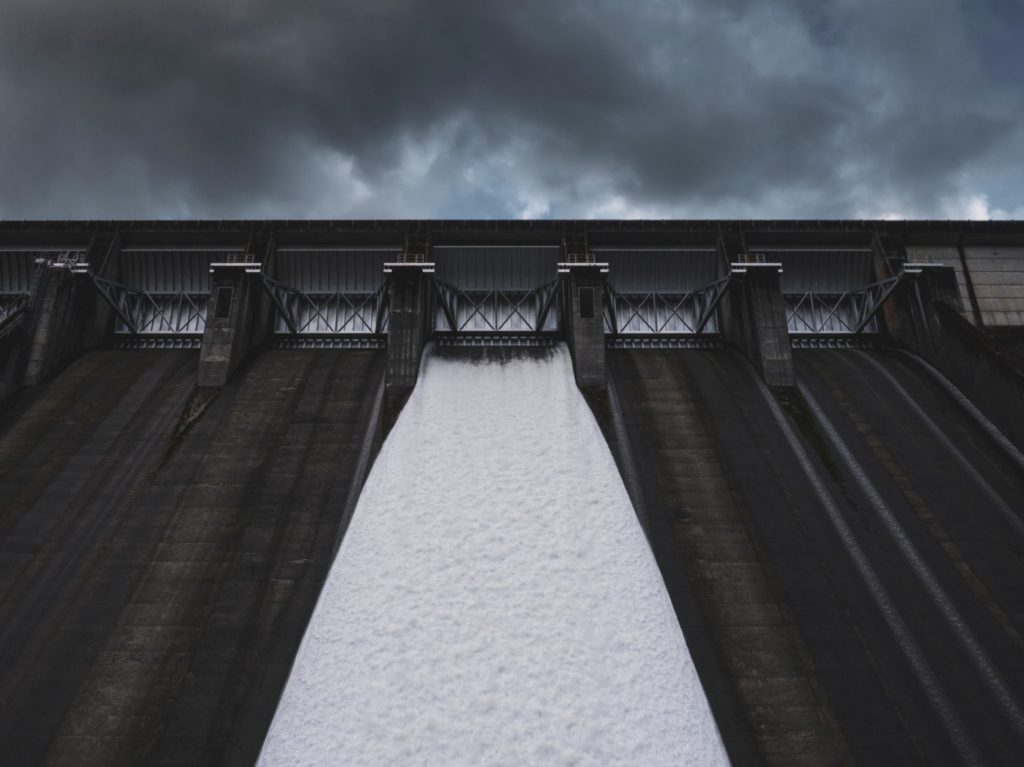Dear VCE readers,
It is my belief that the best engineering comes about when there is a diversity of knowledge, experience, and thought. VCE as a publication is so robust because of the wide range of topics that we spotlight every issue, and we owe this all to the vibrant minds of our very own engineering students. As a member of the editing team, I can say that all of us are unbelievably excited when we review papers that cover content that we have never seen before in this magazine. I have the pleasure of introducing you to Volume 6, Issue 2 — one of the most diverse sets of papers this magazine has seen yet.
We begin with Benjamin Martin’s paper on fossil fuels and developed nations’ responsibility to invest in renewable energy worldwide. He delves into environmental ethics and images a future without fossil fuels, but he warns us of the consequences of prescribing solutions without considering the impacts that new regulations will have on the rest of the world, especially when considering that so many countries are reliant upon non-renewables for their energy.
January Billington spotlights the Keystone XL Pipeline, a structure proposed to connect the existing Keystone Pipeline to carry crude oil from Alberta to Nebraska. Billington urges engineers to take economic, environmental, and human rights concerns into serious consideration before instituting new projects. We are left with questions that far too many engineers have unfortunately left unanswered: “Will this project burden local communities? Do I have the consent of these communities to begin construction on their land?”
In “Ethical Analysis of the Three Gorges Project,” Tianhua Lyu analyzes the impacts of the world’s largest hydroelectric dam from a utilitarian perspective. Lyu notes that the electrical energy that is generated by the Three Gorges Project benefits many, but the cost of environmental damage and involuntary migration of over one million people cannot be ignored.
This issue of VCE also evaluates the topic of photo-editing software and its role in the rise in body dysmorphia and eating disorder rates in younger generations. Abhaya Krishnan-Jha contemplates the drastic consequences that heavily editing images can have on human safety and welfare.
Lastly, Max Marshall draws our attention to recruiting on college campuses and explains that universities fail to prepare students to adequately weigh the ethical considerations necessary for thoughtfully selecting internship and job opportunities. In particular, Marshall asserts that students entering the defense industry are not fully aware of the role they will play within the military-industrial complex.
It is clear that engineering students at USC are fascinated by a wide variety of topics. We here are VCE hope that this publication continues to celebrate the diversity of ideas that we see every day within our own campus community. Yet, although extremely different in their subject matter, all of these papers are united in their commitment to discussing the ethics of engineering projects and practices. It is my hope that you all as readers enjoy discovering all of the amazing things that our students have to share.
Sabrina Sy, VCE Editor-in-Chief
- The Ethical Case for Fossil Fuels
by Benjamin Martin
A growing number of industrialized countries are questioning the ethical use of fossil fuels, considering climate change is primarily due to greenhouse gas emissions. Many leaders are removing subsidies for fossil fuel companies, pushing against offshore drilling, and divesting from fossil fuel projects like pipelines and refineries. While this may seem like the right thing to do, many economically developed nations tend to forget about the rest of the world. Countries in the developing world rely on fossil fuels to generate economic growth. If these more economically developed countries fail to take the needs of the developing world into consideration, large swaths of the globe will fall into poverty. Clearly such an approach is not ethical. Developed countries must continue to develop renewable energy worldwide while simultaneously investing in fossil fuel projects abroad as the necessary infrastructure for renewable energy systems are designed, tested, and constructed – only then can the world move on from fossil fuels in a safe, effective, and ethical way.
- Why the Keystone XL Pipeline was Unethical
by January Billington
This article draws upon environmental, utilitarian, rights and justice ethics in order to explain why the Keystone XL Pipeline extension was unethical and why its permit was revoked by the Biden Administration in 2021. It debunks the common claims that the pipeline would increase jobs and encourage economic growth, as well as sheds light upon the negative environmental effects and risks to indigenous populations, offering ethical guidelines for the future, such as consulting with indigenous communities before embarking on construction projects.
- Ethical Analysis of The Three Gorges Project
by Tianhua Lyu
The Three Gorges Project is the development of the largest hydroelectric dam in the world: the Three Gorges Dam. Since its conception, the project has remained the focus of controversy due to its long construction duration, significant social and economic impacts, and broad environmental implications. The ethicality of the dam’s construction will be determined through an examination of its impacts from a utilitarian perspective.
- Social Media Dysmorphia and the Dangers of Hyper-Realistic Photo Retouching Software
by Abhaya Krishnan-Jha
Photo-editing software has advanced dramatically in recent years, allowing people to share images of themselves that do not reflect how they truly look. As a result, rates of body dysmorphia and eating disorders, especially amongst the younger generation, have risen, leading engineers to analyze the ethicality of photo-editing software, as well as the social media platforms that host these heavily edited images.
- Blind Fire: How Universities Push Ethically Unequipped Students Towards Defense Work
by Max Marshall
Recruiting season is a critical aspect of many students’ academic journeys. Summer employment brings the chance to increase one’s hiring potential, gain invaluable technical experience, and expand professional networks. However, many jobs come with certain ethical caveats, and some opportunities can put students in a position where they betray their own ethical standards. Nowhere is this truer than in the defense industry. Therefore, it is important to consider whether universities are doing an adequate job of preparing students to make the ethical assessments necessary for seeking employment at a defense company. This article suggests that universities, due to their significant role in pushing students toward employment in the defense industry, need to play a larger role in educating students in ethics and providing information on how certain jobs may be more ethically compromising than others.






